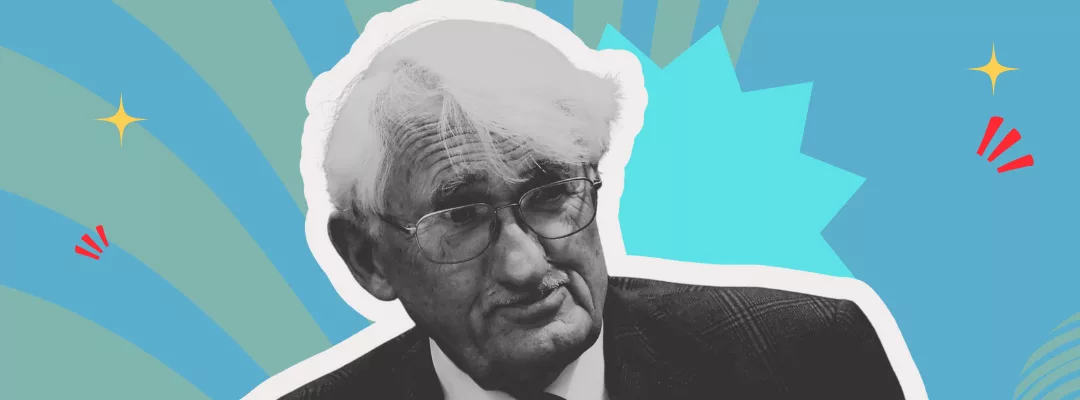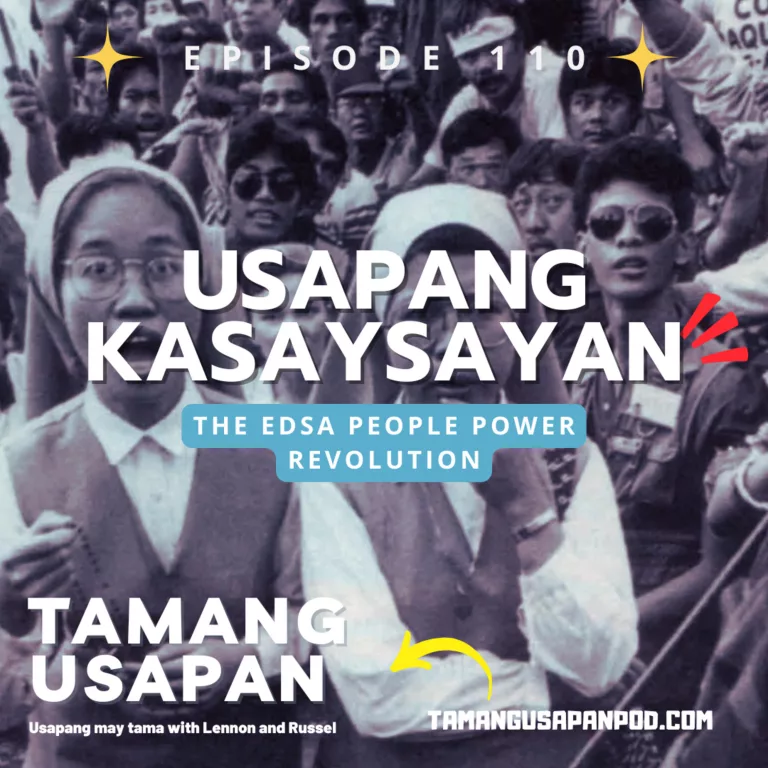In this episode, Lennon and Russel explore the life and thought of Jürgen Habermas, one of the most influential philosophers of the 20th century. We unpack his famous concept of the Ideal Speech Situation (ISS), where truth, fairness, sincerity, and equality guide conversation—so that the best argument wins, not the loudest or most powerful.
We discuss:
- Habermas’ biography and why communication mattered so much to him.
- The Ideal Speech Situation and its four conditions.
- Practical examples: family arguments, barangay meetings, and online debates.
- The public sphere: how democracy depends on inclusive dialogue—and how social media distorts it.
- Critiques from feminist, rhetorical, and development perspectives.
- The role of ISS in today’s world—from barangay halls to Facebook feeds to AI ethics.
The big takeaway? Democracy lives or dies on how we talk to each other.
Recommended Readings
Primary Works by Habermas
- Habermas, J. The Theory of Communicative Action (1981)
- Habermas, J. The Structural Transformation of the Public Sphere (1962)
- Habermas, J. Between Facts and Norms (1992)
Secondary Sources mentioned in this episode:
- Eric Gilder (1987). Towards a Critical Paradigm for Change: Habermas’ “The Ideal Speech Situation” as Meta-model in Development Communication.
- François Cooren (2000). “Toward another ideal speech situation: A critique of habermas’ reinterpretation of speech act theory” in Quarterly Journal of Speech 86: 3, 295-317 .
- Karey Harrison (1992). “Gender & normative biases in Habermas’s Ideal Speech situation”
- Nancy Fraser (1990). Rethinking the Public Sphere.
- Iris Marion Young (2002) . Inclusion and Democracy.
- Kenneth Myers (2024). “The Ideal Speech Situation as a Tool for AI Ethical Reflection: A Framework for Alignment” in LessWrong.com
Multimedia:
To understand Jürgen Habermas and the Public Sphere, we strongly recommend this episode of Philosopize This! podcast: listen here.
___
And, if this episode spoke to your heart—or hit you in the “tama”—share it with a friend, post about it using the hashtag #tuumt, and tag us on socials.
Follow us on:
Facebook & Instagram: @tamangusapanpodcast
Email your story or question: tamangusapanpodcast@gmail.com
Discover more from Tamang Usapan Podcast
Subscribe to get the latest posts sent to your email.





